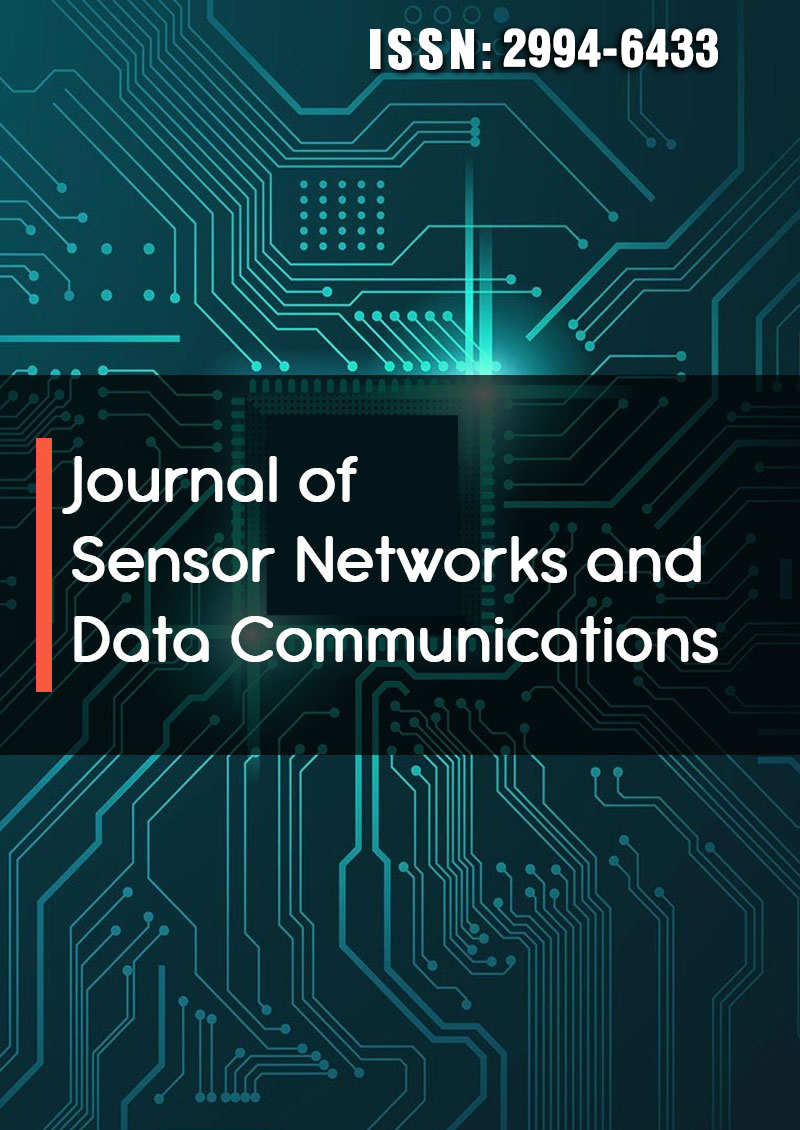Smart Surveillance: A Review & Survey Through Deep Learning Techniques for Detection & Analysis
Abstract
Pritam Naharwal, Sudhir Singh Mushuni, Himanshu Joshi and Dr. Shalini Goel
Big data applications are consuming most of the space in industry and research area. Among the widespread examples of big data, the role of video streams from CCTV cameras is equally important as other sources like social media data, sensor data, agriculture data, medical data and data evolved from space research. Surveillance videos have a major contribution in unstructured big data. CCTV cameras are implemented in all places where security having much importance. Manual surveillance seems tedious and time consuming. Security can be defending in different terms in different contexts like theft identification, violence detection, chances of explosion etc. In crowded public places the term security covers almost all type of abnormal events. Among them violence detection is difficult to handle since it involves group activity. The anomalous or abnormal activity analysis in a crowd video scene is very difficult due to several real world constraints. The paper includes a deep rooted survey which starts from object recognition, action recognition, crowd analysis and finally violence detection in a crowd environment. Majority of the papers reviewed in this survey are based on deep learning technique. Various deep learning methods are compared in terms of their algorithms and models. The main focus of this survey is application of deep learning techniques in detecting the exact count, involved persons and the happened activity in a large crowd at all climate conditions. Paper discusses the underlying deep learning implementation technology involved in various crowd video analysis methods. Real time processing, an important issue which is yet to be explored more in this field is also considered. Not many methods are there in handling all these issues simultaneously. The issues recognized in existing methods are identified and summarized. Also, future direction is given to reduce the obstacles identified. The survey provides a bibliographic summary of papers from Science-direct, IEEE Xplore and ACM digital library.



